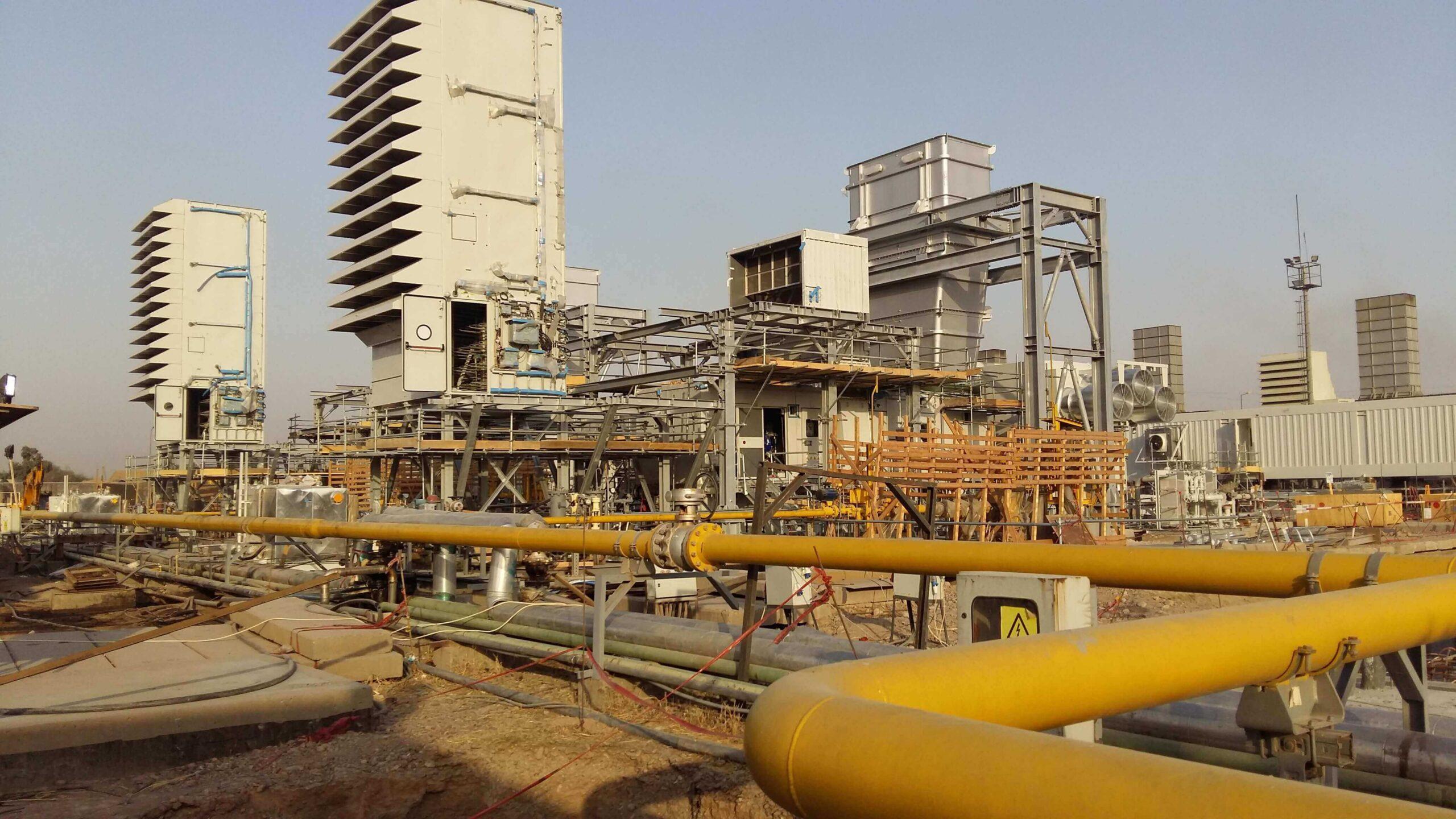Engineering Company in Iraq: Building the Nation’s Future

Iraq’s ongoing reconstruction and development efforts have placed immense importance on the role of an engineering company in Iraq. These firms are critical in rebuilding infrastructure, supporting the energy sector, and driving economic growth in a country with vast potential. From constructing oil and gas facilities to developing transportation networks and urban projects, engineering companies are shaping Iraq’s future. This article explores the contributions, challenges, and opportunities for these firms in Iraq’s dynamic landscape.
The Role of Engineering Companies in Iraq
Iraq’s economy heavily relies on its oil and gas sector, but its infrastructure needs extend far beyond energy. Decades of conflict and underinvestment have left roads, bridges, power plants, and public facilities in need of repair or modernization. Engineering companies step in to address these challenges, providing expertise in design, construction, and project management. Their work spans multiple sectors, including energy, transportation, water management, and urban development, ensuring that Iraq’s infrastructure meets modern standards.
These firms are involved in projects ranging from small-scale renovations to large, complex developments. For instance, they design and build pipelines, refineries, and power stations critical to Iraq’s oil-driven economy. They also contribute to civil infrastructure, such as highways, airports, and water treatment plants, which are essential for improving quality of life and fostering economic diversification.
Key Contributions of Engineering Firms
An engineering company in Iraq typically operates under engineering, procurement, and construction (EPC) contracts, delivering comprehensive solutions from project conception to completion. One prominent example is the MUE Group, a firm known for its expertise in executing complex projects across Iraq’s energy and infrastructure sectors. The MUE Group provides end-to-end services, including feasibility studies, detailed engineering designs, and construction management, ensuring projects are completed efficiently and to international standards. Their work in oil and gas infrastructure, such as pipelines and production facilities, has been instrumental in supporting Iraq’s energy goals.
Beyond energy, engineering companies are pivotal in rebuilding Iraq’s transportation networks. Projects like the rehabilitation of the Baghdad-Basra highway and the expansion of airports in major cities rely on advanced engineering solutions. These firms also play a role in sustainable development, designing water treatment facilities and renewable energy projects to address environmental concerns and improve resource management.
Challenges in Iraq’s Engineering Sector
Operating in Iraq presents unique challenges for engineering companies. Political instability and security concerns can disrupt project timelines and increase operational costs. Navigating bureaucratic processes, such as obtaining permits and approvals, often requires patience and local expertise. Additionally, Iraq’s harsh environmental conditions, including extreme heat and desert terrain, demand robust engineering designs that can withstand these challenges.
Another hurdle is the shortage of skilled labor. While Iraq has a growing workforce, many projects require specialized expertise that local talent may lack. To address this, engineering firms often partner with international companies, bringing in advanced technology and training programs to build local capacity. These collaborations not only enhance project outcomes but also contribute to long-term skill development in Iraq.
Economic and Social Impact
Engineering firms' contributions have a significant influence on Iraq's society and economy. By delivering critical infrastructure, these firms create jobs, both directly through hiring and indirectly through supply chain activities. Local communities benefit from improved access to roads, electricity, and clean water, which enhance living standards and economic opportunities. For example, modernized energy facilities increase Iraq’s oil and gas production, generating revenue that can be reinvested into public services like healthcare and education.
Foreign investment in Iraq’s infrastructure has also spurred growth in related industries, such as construction materials and logistics. Engineering firms often collaborate with global corporations, fostering economic ties that strengthen Iraq’s position in the international market. These partnerships bring cutting-edge technologies and best practices, enabling Iraq to modernize its infrastructure efficiently.
The Future of Engineering in Iraq
The demand for engineering services in Iraq is poised to grow as the country pursues ambitious development goals. The government’s plans to increase oil production and expand infrastructure require significant investment in engineering expertise. Projects like the Basra Gas Project and the redevelopment of Mosul’s infrastructure highlight the need for skilled firms. Additionally, Iraq’s focus on sustainability is opening opportunities for engineering companies to design eco-friendly projects, such as solar power plants and water conservation systems.
To remain competitive, engineering firms must embrace innovation, adopting technologies like Building Information Modeling (BIM) and sustainable construction methods. These advancements improve project efficiency and align with global trends toward greener infrastructure. As Iraq continues to stabilize and attract investment, engineering companies will play a central role in its transformation.
Conclusion
An engineering company in Iraq is more than a service provider; it is a catalyst for progress in a nation rebuilding from decades of challenges. Firms like the MUE Group exemplify the expertise and commitment needed to deliver transformative projects. By addressing complex engineering challenges and fostering economic growth, these companies are laying the foundation for a more prosperous and sustainable Iraq. As the country moves forward, the role of engineering firms will remain critical in shaping its infrastructure and future.

- Art
- Causes
- Crafts
- Dance
- Drinks
- Film
- Fitness
- Food
- Игры
- Gardening
- Health
- Главная
- Literature
- Music
- Networking
- Другое
- Party
- Religion
- Shopping
- Sports
- Theater
- Wellness


